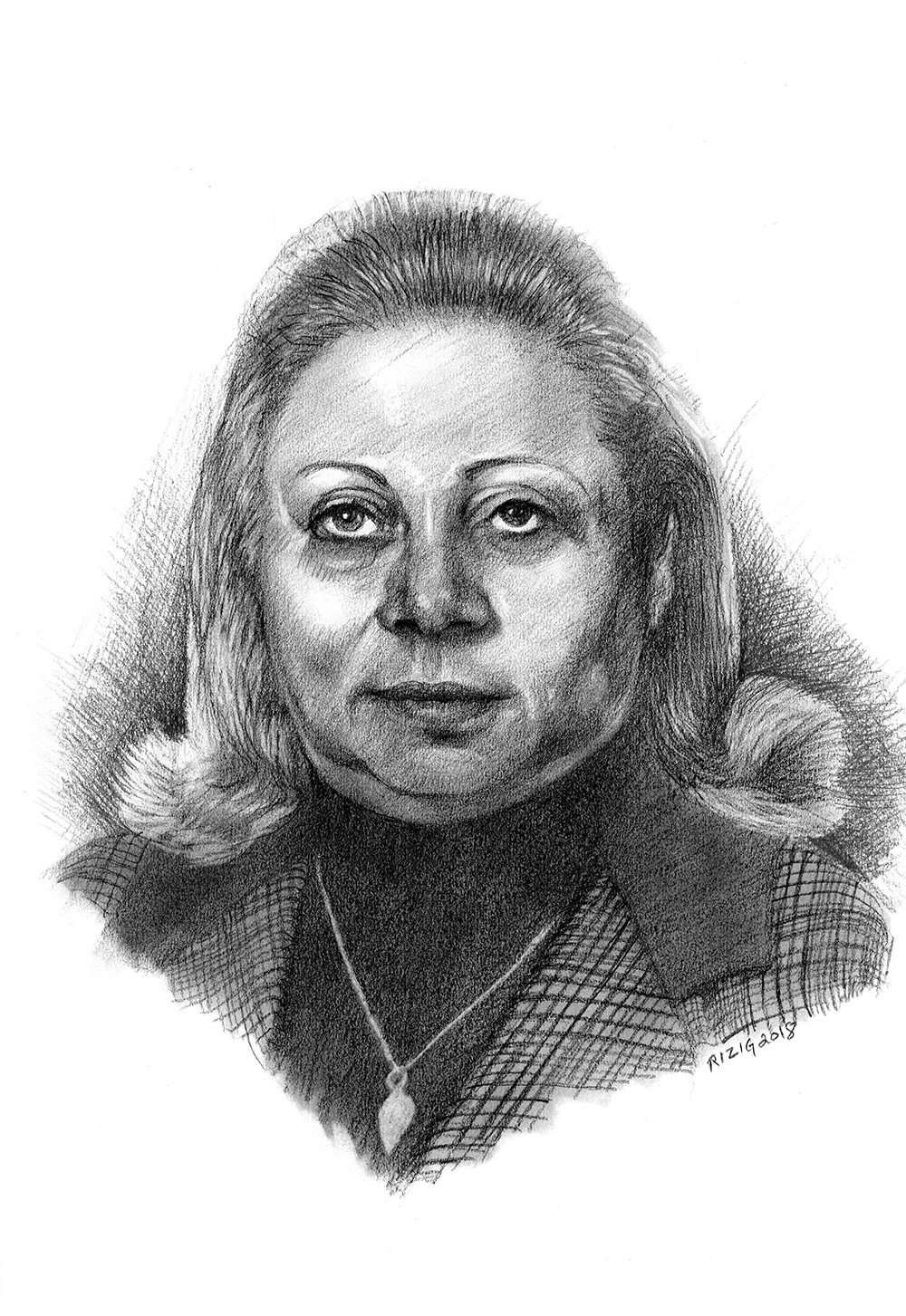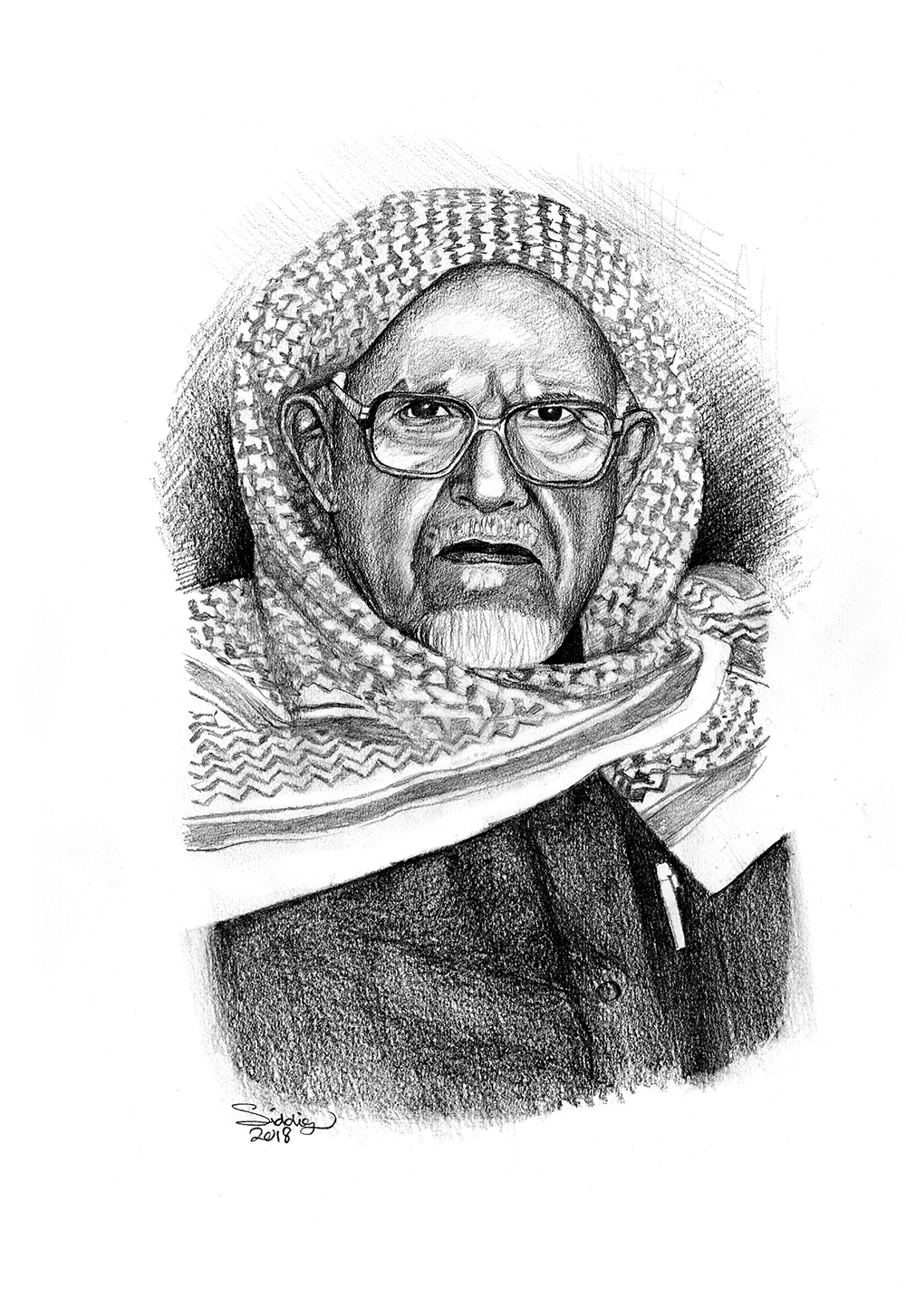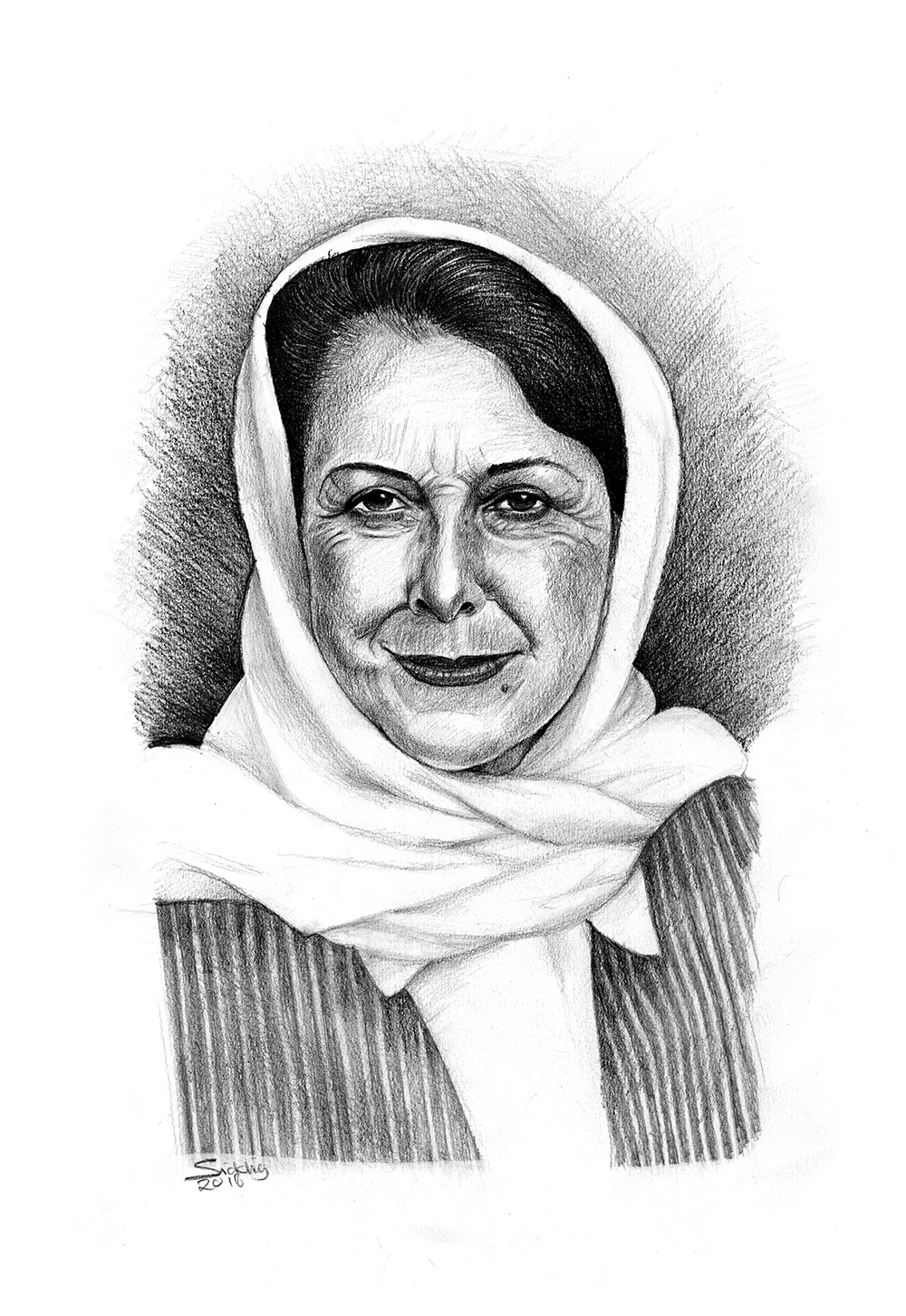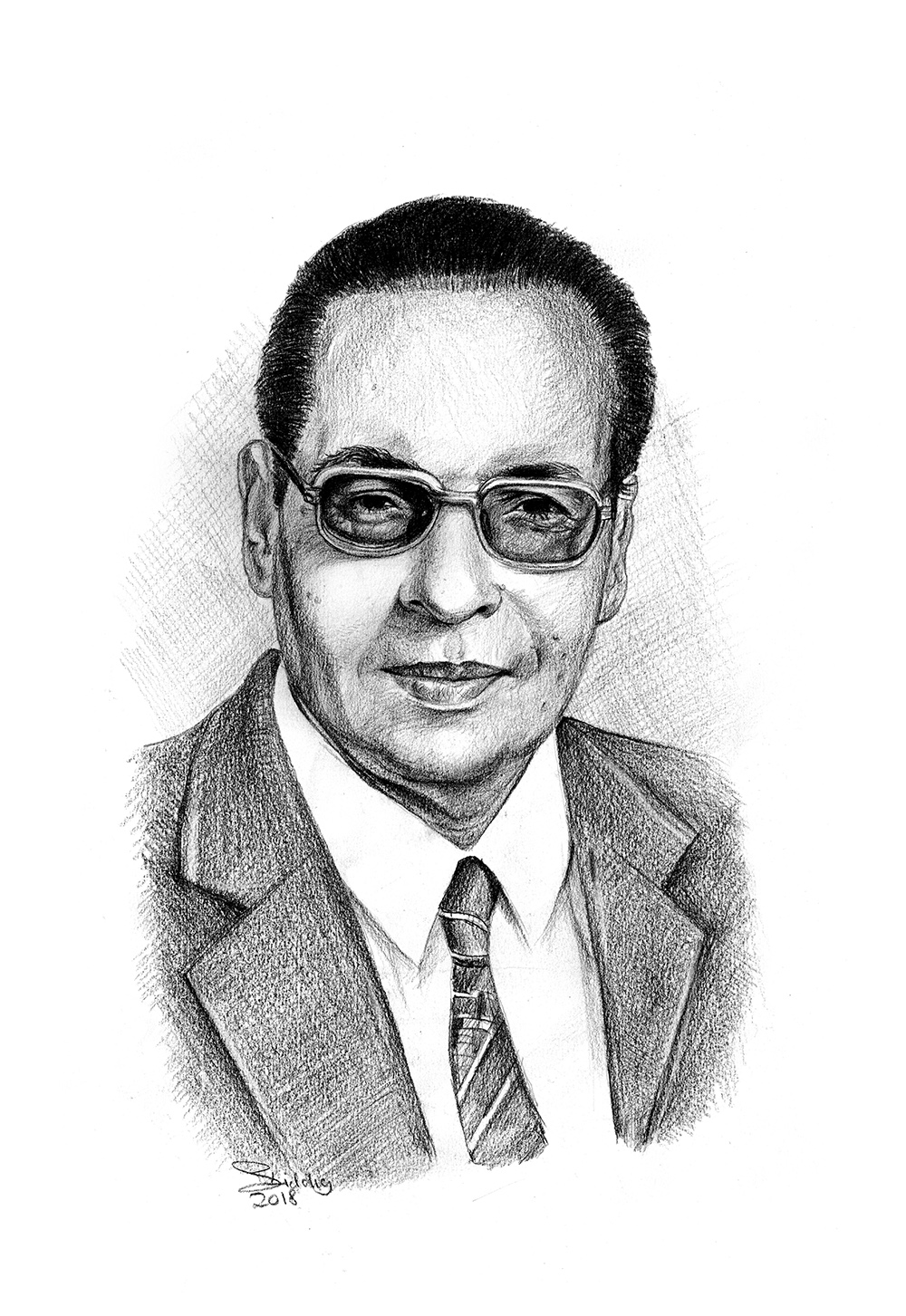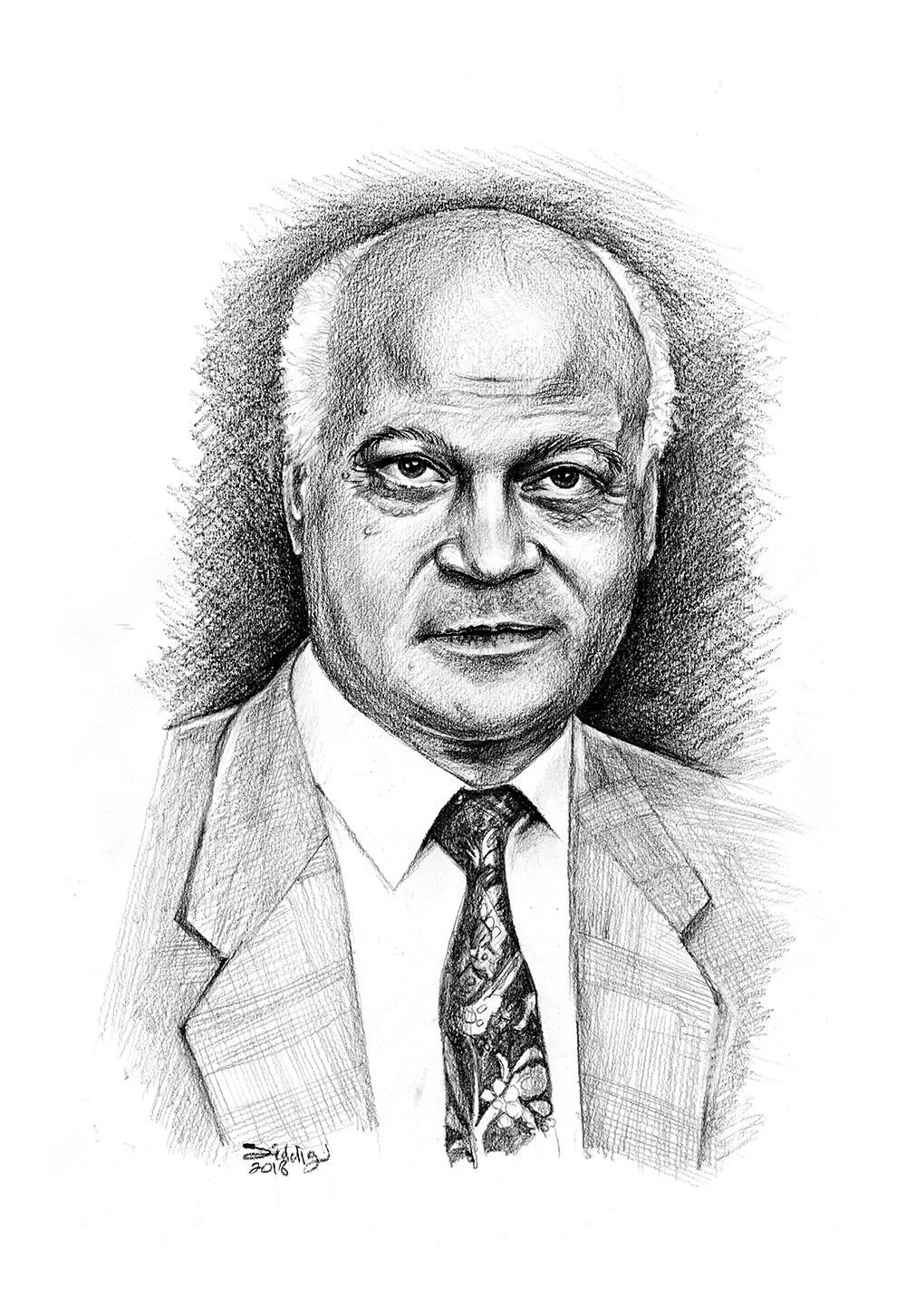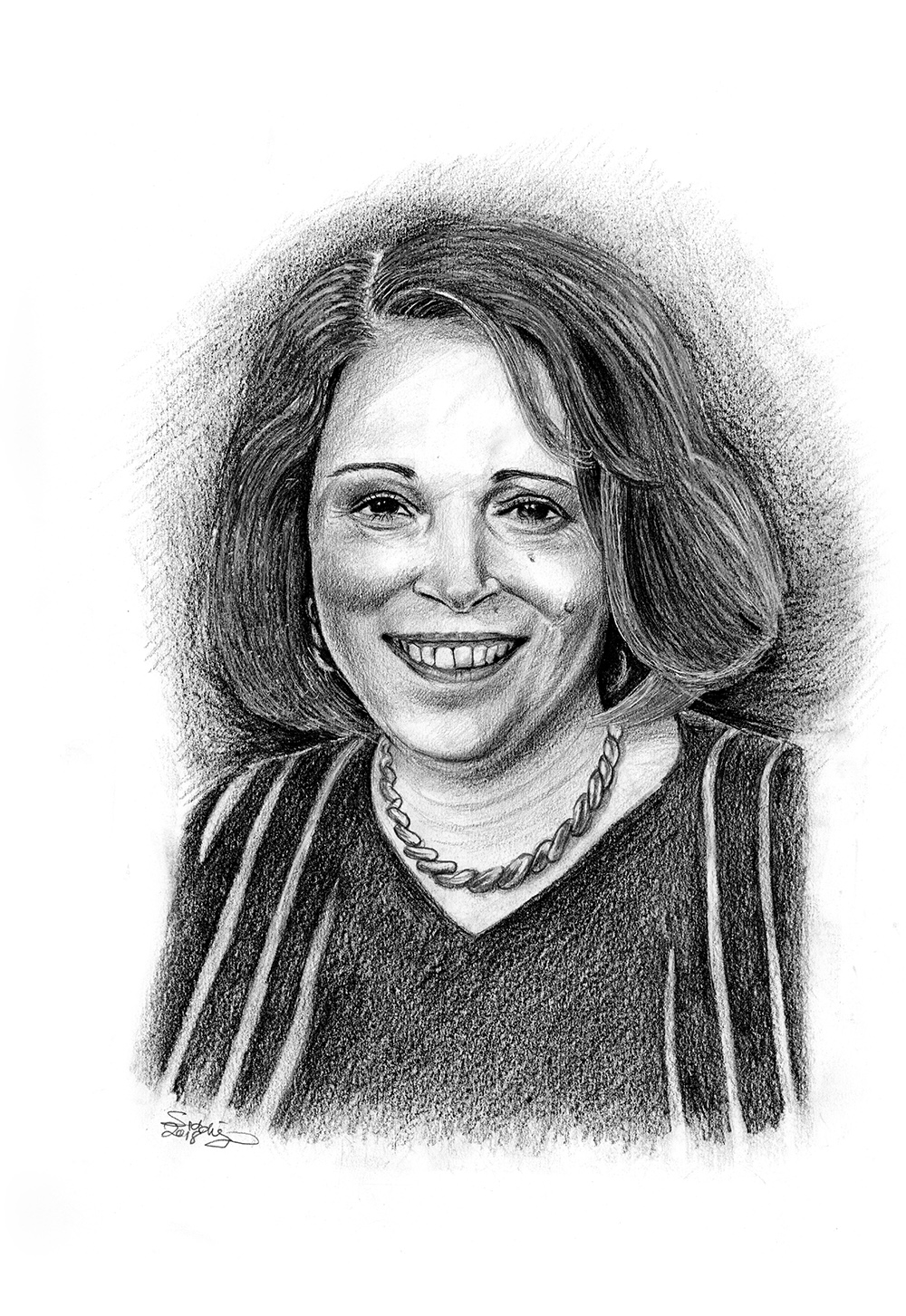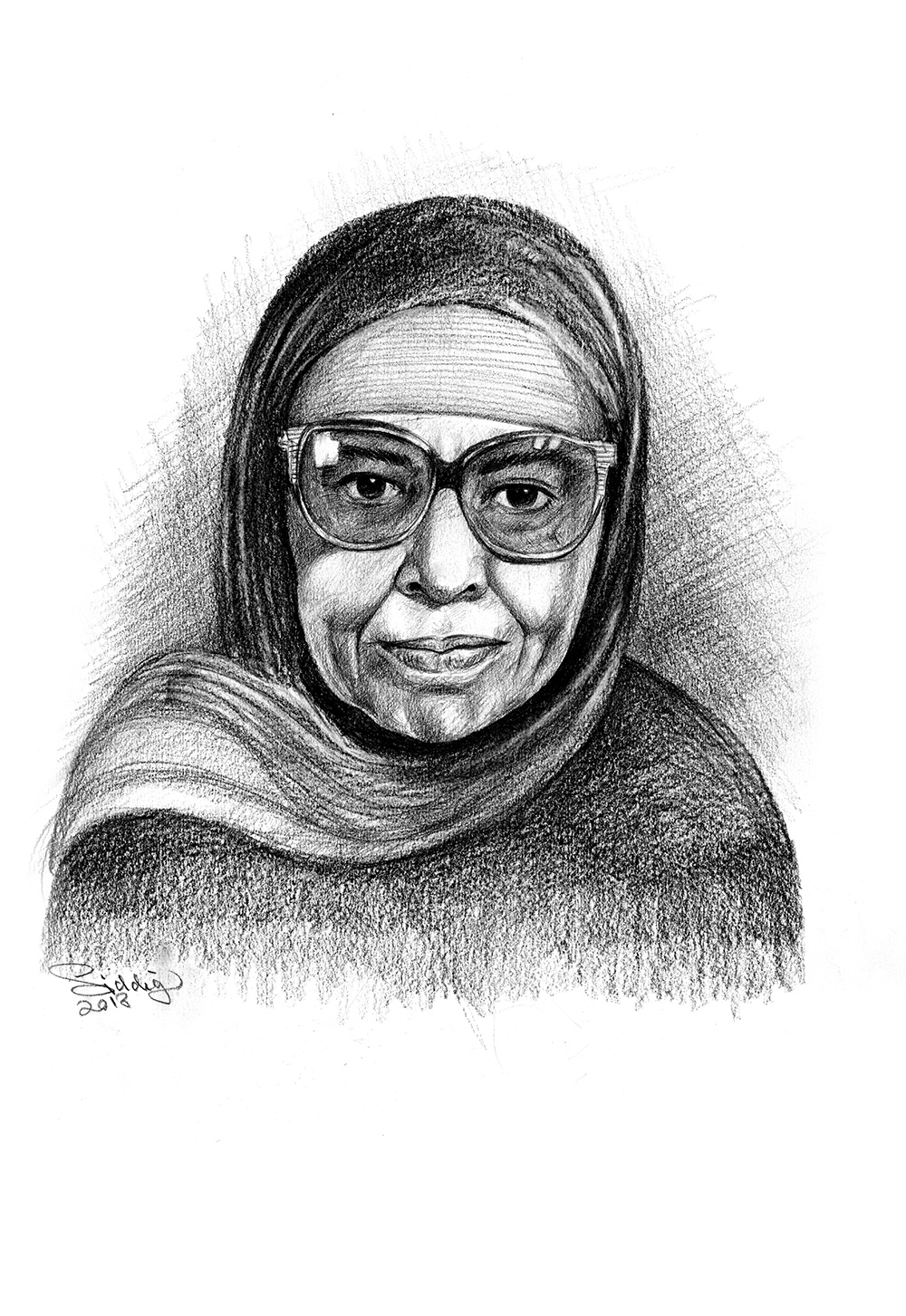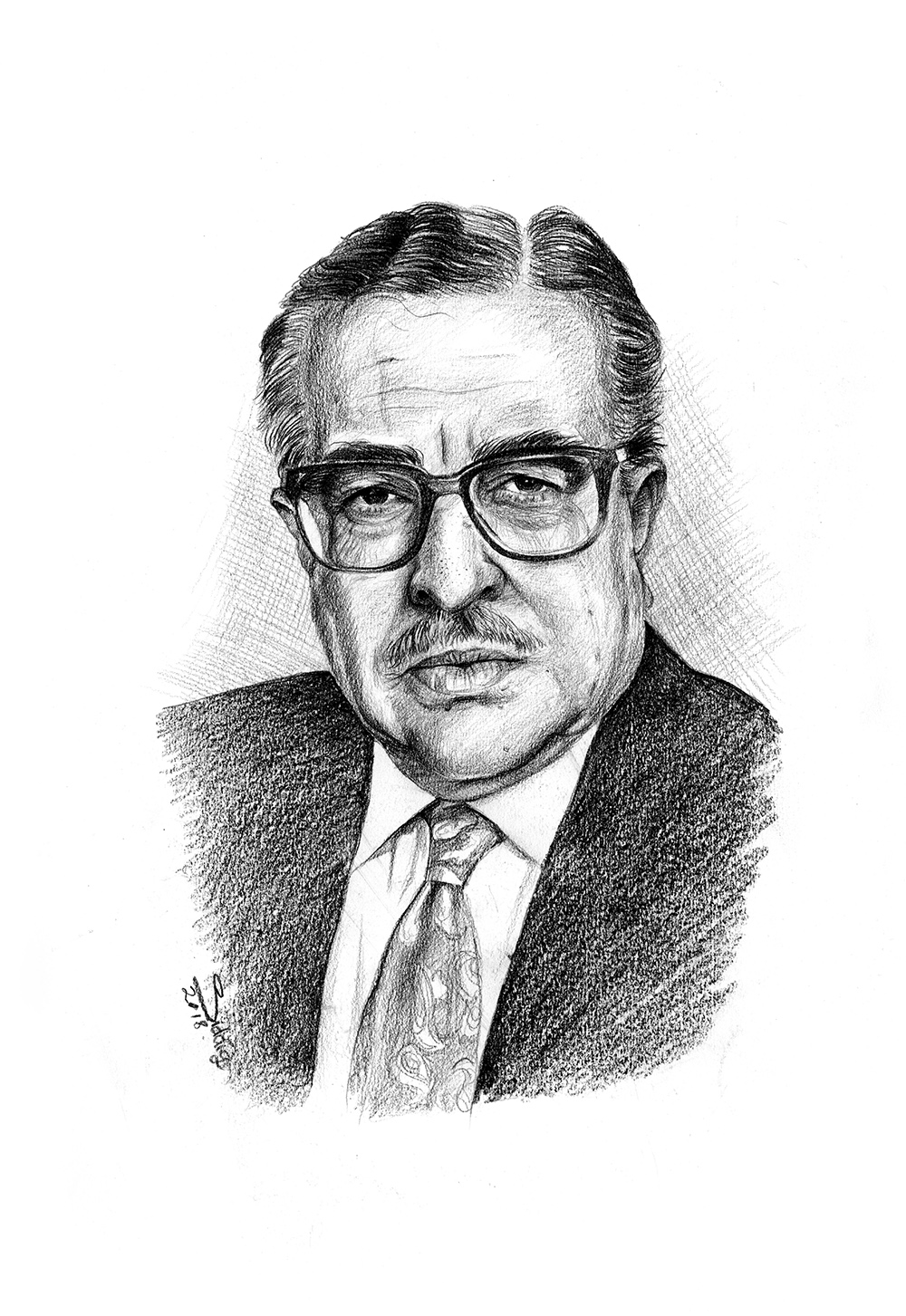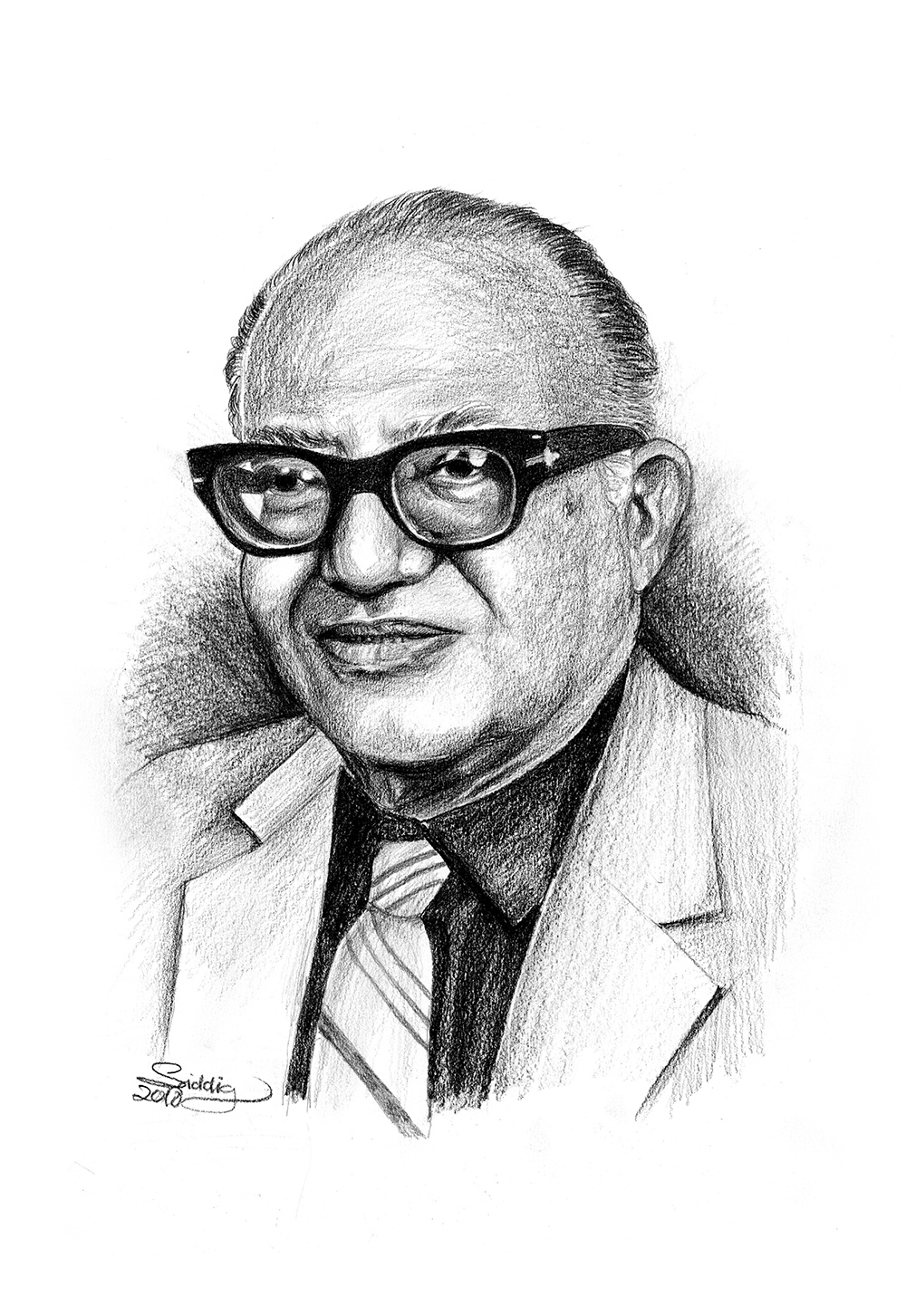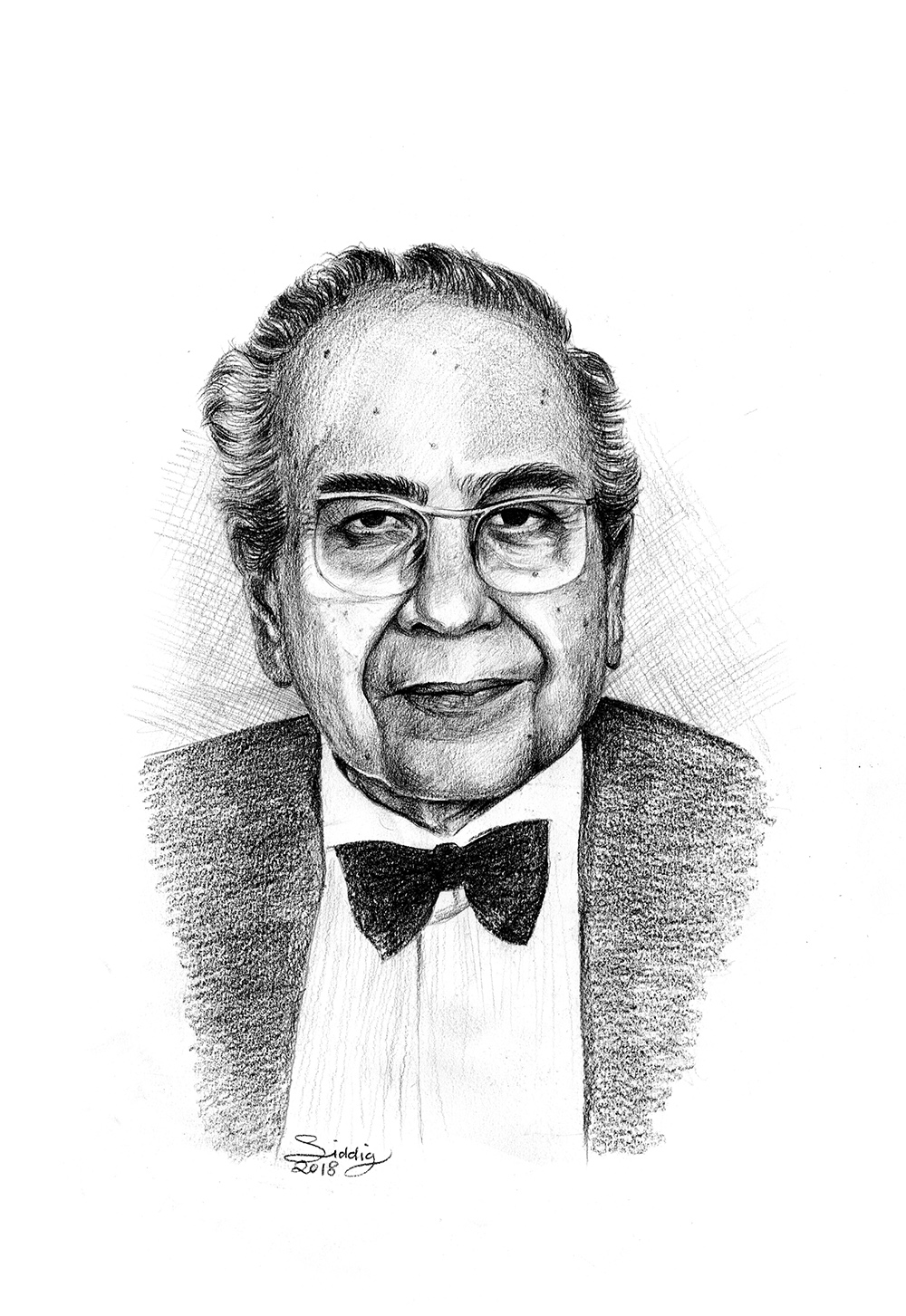Born in Kafr Shanwan village in Shebin Al-Koum, Menoufiya (Egypt), Shukri Ayyad studied Arabic Literature at Fuad Al-Awal University in Cairo, earning his BA in 1940, MA in 1948 and Ph.D. in 1953.
Professor Ayyad was a distinguished writer, literary critic and scholar who combined profound knowledge of Arabic heritage and Islamic thought with open-mindedness towards western literary and artistic achievements. He authored numerous articles, books, reviews, editions, translations and short stories. One of his best-known translations is Aristotle on Poetics, which surpasses most other translations by its resourcefulness and clarity. Ayyad also published many other books, including The Protagonist in Novels and Fairy Tales; Taghur, The Poet of Peace and Love; The Art of Literature in a Changing World; Limited Vision and The Arab Diwan from Tribal Unity to One Nation Unity. In addition, he published six series of short stories and numerous popular articles and wrote a chapter on Arabic literature in Islamic Egypt in the Cambridge History of Arabic Literature.
Ayyad was a professor of modern Arabic literature at Cairo, Khartoum and King Saud Universities, Dean of the Theater Institute in Cairo, Chairman of the Department of Arabic Literature, Vice-Dean of the College of Arts at Cairo University and Cultural Attaché at the Egyptian Embassy in Brazil.
He died at the age of 78, after an extraordinary life devoted to
Shukri Ayyad studied Arabic Literature at Fuad Al-Awal University in Cairo, earning his B.A. in 1940, M.A. in 1948 and Ph.D. in 1953.
Professor Ayyad was a distinguished writer, literary critic and scholar, who combined profound knowledge of Arabic heritage and Islamic thought with open-mindedness towards western literary and artistic achievements. He authored numerous articles, books, reviews, editions, translations and short stories. One of his best-known translations is Aristotle on Poetics, which surpasses most other translations by its resourcefulness and clarity. Ayyad also published many other books, including The Protagonist in Novels and Fairy Tales; Taghur: The Poet of Peace and Love; The Art of Literature in a Changing World; Limited Vision and The Arab Diwan from Tribal Unity to One Nation Unity. In addition, he published six series of short stories and numerous popular articles and wrote a chapter on Arabic literature in Islamic Egypt in the Cambridge History of Arabic Literature.
Ayyad was a professor of modern Arabic literature at Cairo, Khartoum and King Saud Universities, Dean of the Theater Institute in Cairo, Chairman of the Department of Arabic Literature, Vice-Dean of the College of Arts at Cairo University and Cultural Attaché at the Egyptian Embassy in Brazil.
This biography was written in the year the prize was awarded.

